In our comprehensive fellowship program, you will receive a broad range of hands-on clinical experience and individualized instruction from nationally-known physicians and investigators in a collegial environment.
Fellowship Experience
Our program provides pulmonary and critical care medicine training in a collaborative environment, to include a unique blend of clinical training and clinical-and-laboratory-based research. Our goal is to provide significant flexibility in our training program so that fellows can be successful in a wide variety of career and practice models upon graduation. We aim to train fellows across the career spectrum including community practice, medical education, hospital administration and clinical and translational research. We accomplish through early and multifaceted mentorship, tailoring of research and elective time to fellows’ individual career goals, and significant support and resources for networking and developing clinical and research expertise.
We accept applications through the Electronic Residency Application Service.
Clinical Rotations
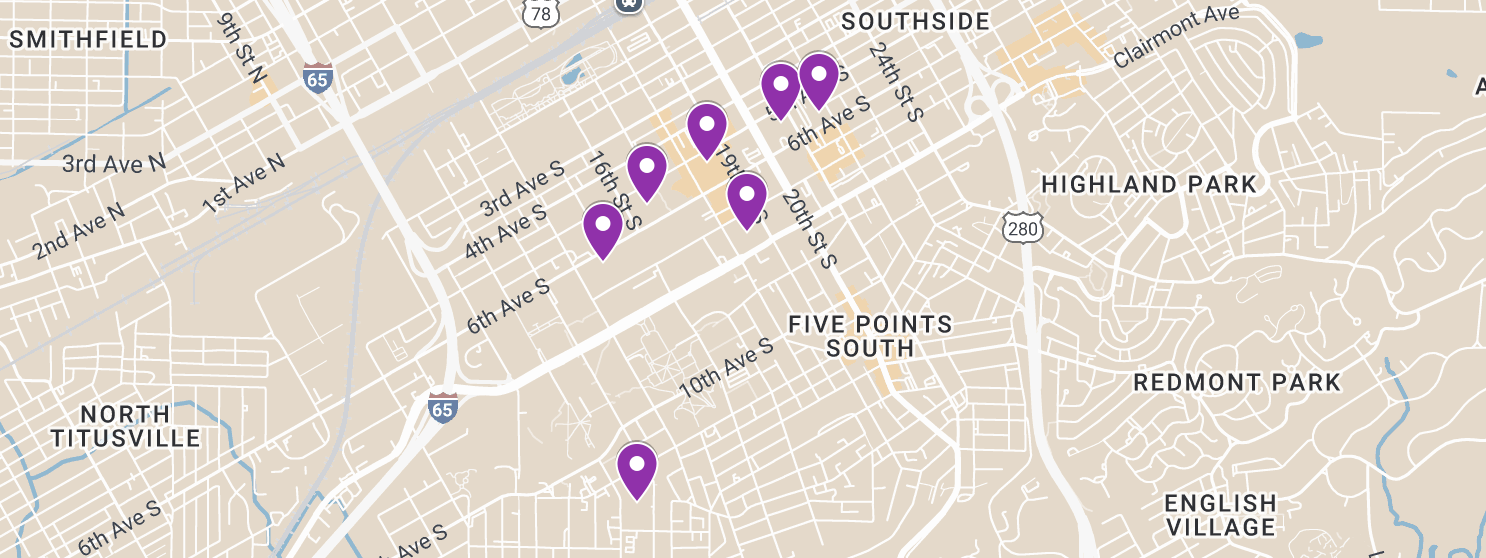 UAB is a highly walkable campus, making it easy to navigate your clinical rotations. Many of our clinical training sites are connected by skybridges, offering protection from rain, heat, and traffic. Browse these buildings to learn more about the types of training conducted there.
UAB is a highly walkable campus, making it easy to navigate your clinical rotations. Many of our clinical training sites are connected by skybridges, offering protection from rain, heat, and traffic. Browse these buildings to learn more about the types of training conducted there.
Explore our training sitesOpens an external link.
We have extensive training opportunities primarily in our 1,200 bed inpatient center UAB Hospital—the eighth largest public hospital in the nation. The hospital is in close proximity to the Birmingham VA Medical Center, UAB Hospital Highlands campus, The Kirklin Clinic, and Children's Hospital of Alabama where fellows also train. Patients come from all over the states of Alabama, Mississippi and the panhandle of Florida to take advantage of our life-changing care, offering a large population and breadth of clinical learning opportunities. We approach medicine in a multi-disciplinary modality across a broad variety of pulmonary and critical care medicine conditions through core and elective rotations.
We provide training in the breadth and depth of pulmonary subspecialty medicine. We have nationally prominent programs in Cystic Fibrosis, Non-CF Bronchiectasis, Non-tuberculosis Mycobacterial Disease, COPD, Asthma, Interstitial Lung Disease, Environmental Lung Disease, and Sarcoidosis. We have a lung transplant program and interventional pulmonary program with faculty who provide unique training expertise.
In critical care medicine our fellows train in two large Medical Intensive Care Units with an average census of around 45-55 patients. Our fellows also have the opportunity to work in other non-medical ICUS for specialized training in ECMO, Neurocritical Care, Surgical Critical Care, and Circulatory support devices.
Teaching Conferences
Our didactic curriculum is divided into 3 focused areas. Our first year fellows participate in our Bootcamp series when they start fellowship which provides an introduction to UAB, foundational lectures and a mix of didactics and simulation sessions for teaching pulmonary and critical procedures such as airway management, pleural disease procedures, vascular access and bronchoscopy skills. We then have a two and a half month lecture series called Nuts-and-Bolts. Our Nuts-and-Bolts conferences are designed to give the foundation of Pulmonary and Critical Care clinical knowledge. Fellows will learn the full breadth of Pulmonary and Critical Care medicine including but not limited to the basics of asthma, COPD, ILD, respiratory failure, sepsis, and physiology. The rest of the year is filled with our pulmonary and critical care curriculum which is a mixture of master clinician lectures and fellow-led lectures to discuss cases, imaging and literature review.
We have a unique Multidisciplinary Critical Care Curriculum for 2 hours a week that brings together Medical, Surgical, Anesthesia and Neurology critical care fellows from across the hospital to attend didactic, case-based, hands-on, morbidity and mortality and fellow led conferences together. This provides for cross-disciplinary teaching and sharing of practices.
In our Pulmonary and Critical Care Grand Rounds, UAB Faculty and visiting professors present on topics of clinical relevance and cutting edge research. Third-year Fellows, especially those in the Physician Scientist Track, are expected to present their research results towards the second half of their third year.
We have multiple subspecialty conferences such as the Interstitial Lung Disease Multidisciplinary Conference which is a working conference where cases are presented for diagnostic and management considerations. Fellows are encouraged to bring their own ILD cases from clinic or inpatient rotations for discussion. We also lead Thoracic Tumor Board both at University Hospital and at the Birmingham VAMC.
Research Opportunities
Scholarship is an essential part of our training program. Our fellows are required to find a mentor during the second half of their first year and begin working on their projects during their second and third years. These projects can include research projects (clinical, translational, basic science), implementation science, clinical series and review, medical education projects or other forms of scholarly work. Presentation of scholarly work at regional or national scientific meetings is strongly encouraged. Many fellows seeking a career in clinical or translational science may be eligible for further training under our NIH-funded T-32 Training Program in Lung Biology and Translational Medicine which supports 2-3 years of post-doctoral training. Our division maintains a biospecimen repository and a clinical database to support fellow-initiated research projects.
The Clinical Scholar Track is designed for fellows who wish to pursue a career in academics with a focus on teaching and clinical care, and for those who plan to enter private clinical practice. Fellows on this track will complete 22-30 months of clinical time with 6-14 months protected for scholarly work. Fellows on the Clinical Scholar Track are required to complete a scholarly project. This project can be a research, quality improvement, educational, or clinically-based project, with a tangible outcome such as an abstract, manuscript, review, curriculum, or new process.
The Physician Scientist Track is designed for individuals who have an interest in pursuing an academic career focused on research. It is anticipated that the trainee will complete 18 months of clinical time and have up to 18 months to devote to research. Fellows may pursue basic, translational, or clinical research projects; but each project must be under the direction of an established mentor. Many fellows in this track may be eligible for further training under our NIH-funded T-32 Training Program in Lung Biology and Translational Medicine or work towards an advanced degree such as a PhD.
Let's get acquainted
Our fellowship program leaders are dedicated to developing the potential of every talented trainee.
Meet our people
Program Signaling
Due to a high volume of applications, we will preferentially review applications from those who signal our program.
Frequently Asked Questions
-
What will I need to apply?
All applications are reviewed via Electronic Residency Application Service® (ERAS), #1007156F0, which requires the following documents:
-
Current CV (updated within 3 months)
-
Medical School Transcripts (and diploma if requested)
-
Medical School Dean’s Letter
-
Three (3) total Letters of Recommendation (including former program directors)
-
Certificate/verification from previous residency training
-
Must be eligible for Alabama Medical License and Alabama Controlled Substance Certificate (all step scores completed at the time of application)
-
Must be eligible for Federal DEA registration
-
Valid ECFMG Certificate (IMG only)
Only electronic applications via the Electronic Residency Application Service (ERAS) are accepted. We do not accept any applications that are mailed, faxed, or emailed to our office.
We do NOT offer any pre-match positions.
-
-
What are the salaries & benefits for fellows?
Our program provides benefits and insurance plans available to all fellows at UAB. You can find the list of salaries and benefits for fellows based on PGY level here.
-
What is the cost of living in Birmingham?
Birmingham offers a vibrant urban lifestyle at a cost that’s approximately 9% below the national average. Trainees enjoy access to thriving neighborhoods, a nationally recognized food scene, and a dynamic creative community.
-
What are the current vaccination requirements?
Vaccinations are required based on CDC recommendations for Health Care Workers including routine childhood vaccines, Hepatitis-B, COVID-19 and Influenza, except in the case of an approved exemption.
-
Are there work requirements to train at the VA?
UAB fellowship programs are fortunate to partner with the Birmingham Veterans Affairs Health Care System as a part of our training experience.
Am I Eligible Checklist: Please ensure that you meet the eligibility requirements for training at the VA by accessing the “Am I Eligible Checklist.” Failure to be able to rotate at a major teaching location will, in most cases, result in a revocation of an offer to train, termination, or non-renewal of your GME Agreement.
Selective Service Registration: VA policy states that any male U.S. citizen who did not register for selective service before age 26 is not eligible to work at a VA, no exceptions. You can register for selective service or verify that you have already registered for selective service online with the U.S. Selective Service System.
-
Is there a minimum USMLE score required?
There is no minimum USMLE score requirement. We take the score into account as part of the overall review of an application.
-
What are the key program dates for Applications?
Applications Open and Close — Please see ERAS calendar for dates
Applications Reviewed — July, must be available by August 1
Interview Invitations Released — Early to mid-August
Interviews Begin — Late August and continue through October
Match Day — Please see ERAS calendar
Fellowship begins — July 1st every year
-
Do you sponsor H1B or J1 Visas?
Yes, the division can sponsor these Visas.
Want to learn more? Start a conversation with us.
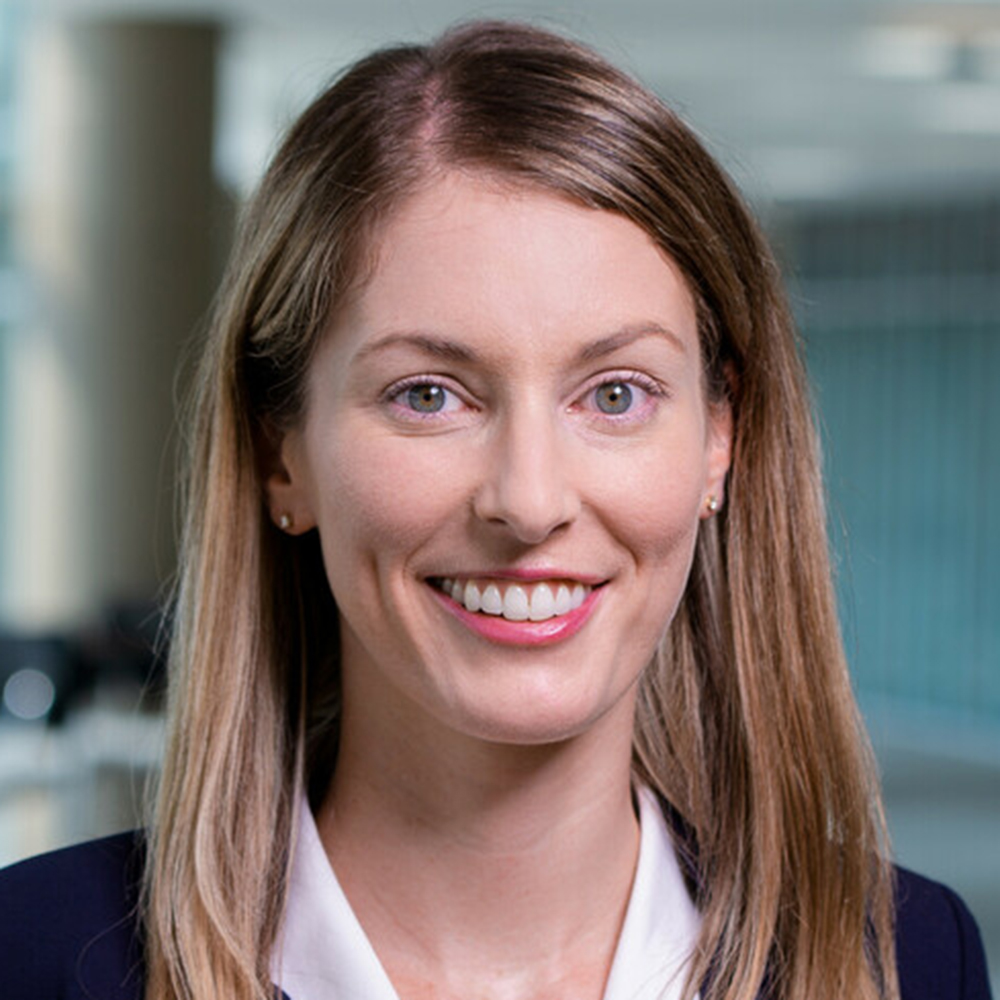 I'd be delighted to talk with you about the many exciting possibilities that await you at UAB and Birmingham. Contact me for more details about our fellowship program and applying.
I'd be delighted to talk with you about the many exciting possibilities that await you at UAB and Birmingham. Contact me for more details about our fellowship program and applying.
Carla Copeland, M.D. Fellowship Program Director
Send an Email
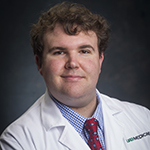 I'm always ready to discuss our individualized approach to train future clinicians and researchers in the engaging practice of pulmonary medicine.
I'm always ready to discuss our individualized approach to train future clinicians and researchers in the engaging practice of pulmonary medicine.
George Solomon, M.D., Associate Fellowship Program Director
Send an Email
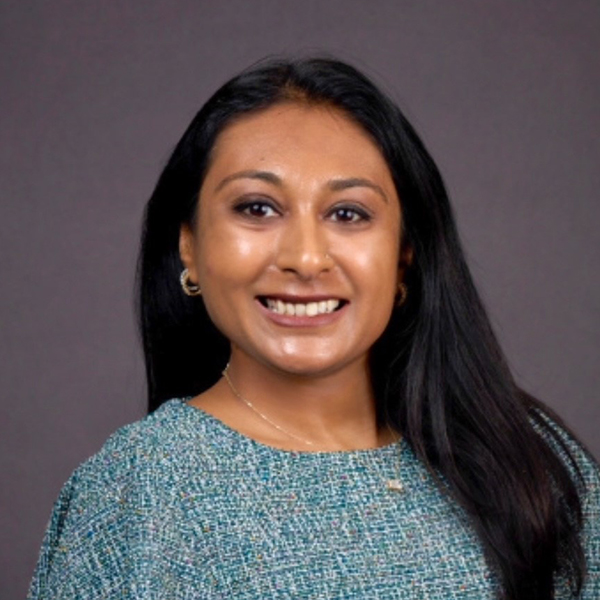 I would love to discuss our didactic curriculum with you and how we promote clinician educators here at UAB
I would love to discuss our didactic curriculum with you and how we promote clinician educators here at UAB
Roma Mehta, M.D., Associate Fellowship Program Director
Send an Email
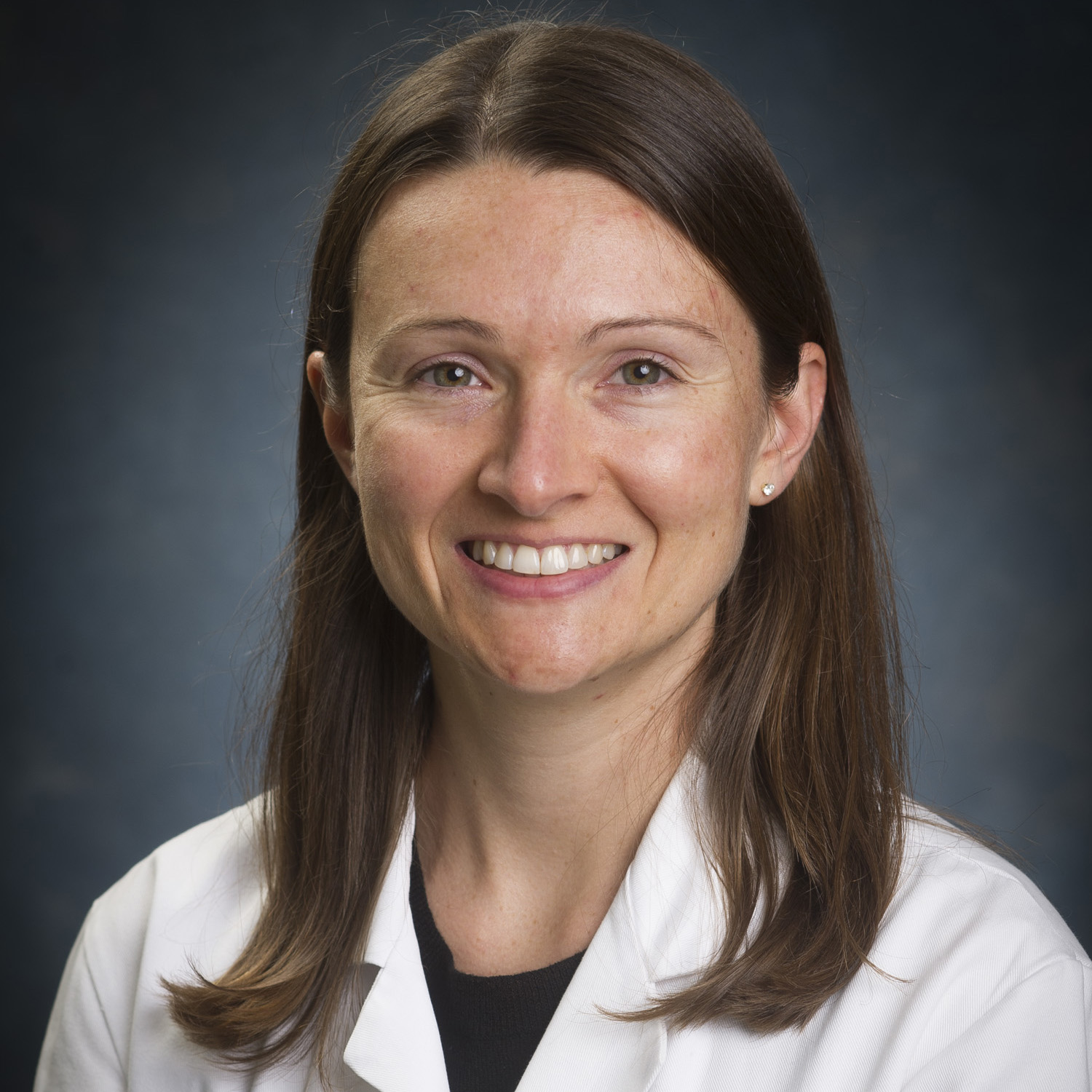 I am happy to discuss how we integrate the VA hospital into your training.
I am happy to discuss how we integrate the VA hospital into your training.
Jennifer Trevor, M.D., Associate Fellowship Program Director and VA Site Director
Send an Email
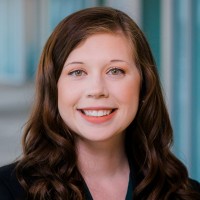 I'd be delighted to talk with you about the many exciting possibilities that await you at UAB and Birmingham. Contact me for more details about your fellowship.
I'd be delighted to talk with you about the many exciting possibilities that await you at UAB and Birmingham. Contact me for more details about your fellowship.
Brittney Snow, MS, Fellowship Program Administrator
Send an Email
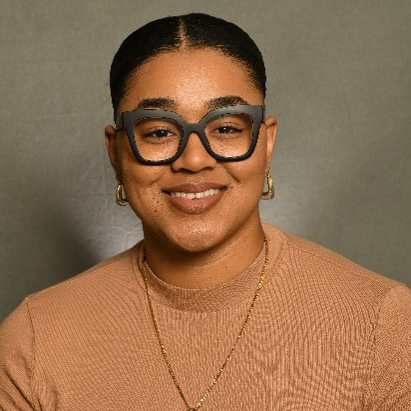 Please reach out for more details about your fellowship.
Please reach out for more details about your fellowship.
Kayla Boglin, Fellowship Program Coordinator
Send an Email